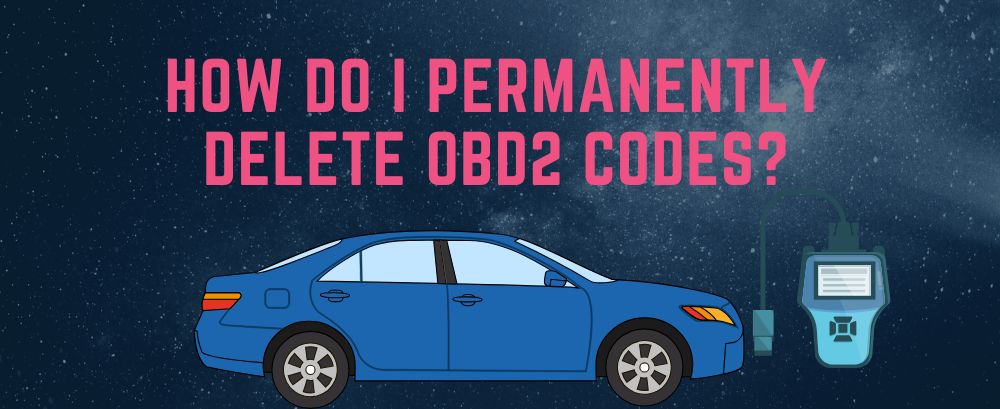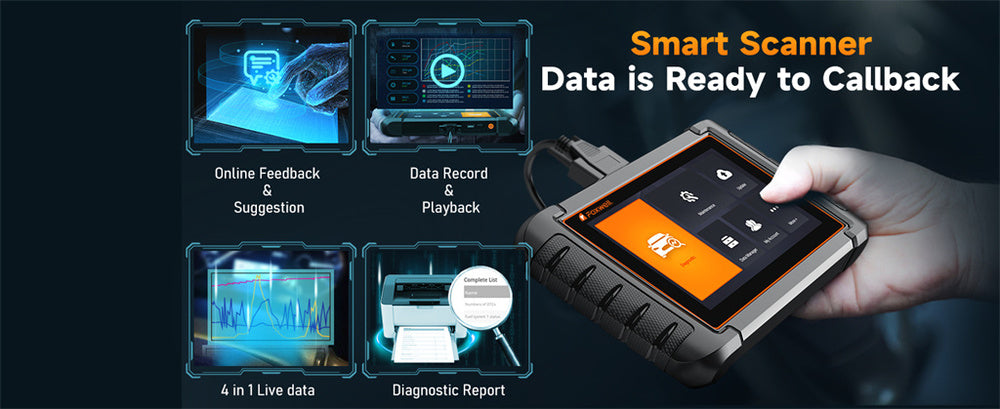As you're driving along happily, suddenly it happens: that little orange "Check Engine" light blinks into life on your dashboard, signalling something serious is wrong with your car or looming as an omen of imminent doom.
Anxiety sets in: is this serious? Will my car break down soon?
Cost implications come into play. Luckily, that little light may not always be so gravely serious; let's break it down together so you know exactly what steps to take next time.
What Is Your Car Telling You?

Consider your car's check engine light as its way of sending you an alert: something may not be right here, though this message does not specify precisely what is ailing it - simply that action is required.
This could range from something as minor as your fuel cap not being secured tightly, to more severe issues like engine misfiring.
Like having a mild fever, sometimes these signals indicate nothing at all, while other times they could indicate that a visit is necessary.
Not All Lights Are Equal
Unfortunately, not all check engine lights mean the same thing; their meaning depends on whether they flash continuously or remain constant - these details make all the difference!
If the steady light on your car appears to be functioning normally but the light itself illuminates, chances are it is only an intermittent issue and should not be ignored permanently. You're okay with driving while waiting, but be wary if something seems amiss later.
Your car is telling you something important; perhaps your engine misfiring could cause severe damage if left untreated. Pull over safely as soon as possible and have it checked immediately to prevent further problems from developing.
Usual Suspects: Why the Light Is On
So what could be causing it? Below are a few of the more likely causes for an orange light suddenly illuminating your Day:
- Fuel Cap Issues: Loose or cracked gas caps may trigger your dashboard light, making it an easy fix. Give that a shot first to see if that works!
- Oxygen Sensor Concerns: Your oxygen sensor plays a crucial role in maintaining a balance between air and fuel flow in your vehicle, and any problems could drastically decrease fuel efficiency if left faulty - therefore needing replacing as soon as possible to restore performance and increase performance.
- Catalytic Converter Problems: These issues should be addressed - your catalytic converter helps reduce emissions, so if it starts malfunctioning, you could experience decreased performance and reduced emissions reductions.
- Spark Plugs or Ignition Coils: Worn-out spark plugs or ignition coils could leave your car struggling to start or power decline over time.
- Mass Airflow Sensor: When this sensor malfunctions, it messes with your car's fuel-to-air ratio, causing poor mileage and rough idling conditions.
Do You Need To Worry About This Development? Probably Not, But...
At first sight, seeing your check engine light illuminate can be alarming; however, this is not an urgent situation in most cases.
Suppose the car usually runs without strange noises, jerky movements or power loss. In that case, you should likely continue driving it for a short while before deciding to stop driving for some reason.
Take note: consider it as a signal from your body - whether a minor headache or something more significant, such as symptoms of an illness that needs medical treatment.
The key is staying calm, taking note of any strange symptoms, and making a plan to address any concerns as quickly as possible.
What Are The Consequences If You Ignore It
At first, disregarding the check engine light may seem harmless, mainly if your car runs smoothly. Still, even seemingly minor issues can quickly escalate into bigger ones.
An oxygen sensor issue could quickly turn into a more serious catalytic converter problem and turn what would otherwise be an inexpensive fix into an expensive repair bill.
Unresolved engine issues may also wreak havoc with fuel efficiency, leading to higher expenses at the pump.
In the worst-case scenario, your car could unexpectedly break down and leave you stranded.
Promptly responding to any light issues will help save time and Money and avoid stressful situations.
What You Can Do Now
Are you staring at that light and wondering what's next? Here is an easy step-by-step guide that doesn't require a mechanical degree:
Check Your Fuel Cap: Take it slow - start by checking whether or not your gas cap is loose or damaged and tighten it before taking the car for a drive to see if any lights illuminate on its dashboard.
Use a Scanner: Many auto parts stores provide free On-Board Diagnostic scans; however, for serious car maintenance efforts an advanced diagnostic tool such as the Foxwell GT60 may save both time and trips to a mechanic.
Its comprehensive error codes, system reports, and RAND repair guidance features are ideas for DIY enthusiasts and professionals.
Take Notes: If your car seems unusual - rough idling, odd noises or decreased power - note what's happening and alert your mechanic as quickly as possible to any symptoms that arise.
Doing this will allow them to diagnose the source of the issue soon.
Call a Mechanic: If in doubt or the issue seems significant, it may be wise to bring professional assistance. A mechanic will be able to assess further and make sure it doesn't escalate further.
Know When DIY and When Call for Backup
Not all check engine light issues are created equal, and understanding your boundaries is paramount to maintaining optimal engine performance.
Doing it yourself, solutions such as tightening or replacing a loose gas cap or air filter can often provide quick results and be done in just minutes.
But it's always wise to seek professional assistance from a licensed mechanic for more complex issues such as engine misfires, catalytic converter failures or sensor replacements.
With proper tools or expertise, attempting to address advanced problems independently could improve them and cost more in the long run.
Prevent That Light from Returning
Nobody wants the light coming on anytime soon; here is how to reduce its likelihood.
- Subscribe to Maintenance Schedules: You must follow your vehicle's service manual for routine oil changes, spark plug replacements, and filter checks for optimal car health.
- Watch How You Drive: Aggressive driving can strain engines and increase wear on parts, causing excessive wear and further wear on other parts.
- Be Aware Early: If something feels off in your car, don't wait for the lights to confirm it - take action before the issue worsens!
Conclusion
A check engine light should be taken seriously, but don't dismiss its message. Your car's way of telling you something needs fixing sooner rather than later, and taking steps sooner can save both time and Money - so when that orange glow appears, take a deep breath; don't panic; just start taking steps toward solving it step-by-step can do this!
FAQs
When should I fix my check engine light?
As soon as possible, but the urgency depends on the issue. If the light is flashing, stop driving and address it immediately. If steady, get it checked within a few days.
How soon should I get a check engine light checked?
Ideally, within a few days if the car seems to drive normally. However, don’t delay if there are symptoms like strange noises, reduced power, or jerky movements.
What is the first thing to do if the check engine light is on?
Check if the fuel cap is secure. If that’s not the issue, use a diagnostic tool like the Foxwell GT60 or visit a mechanic for further inspection.




Leave a comment
This site is protected by hCaptcha and the hCaptcha Privacy Policy and Terms of Service apply.